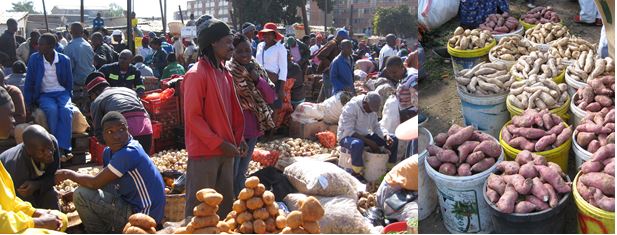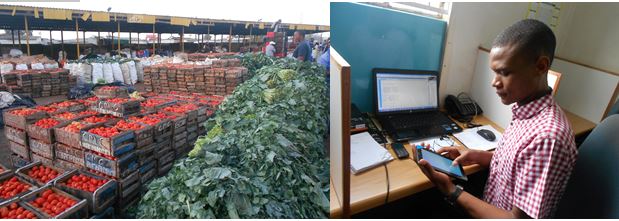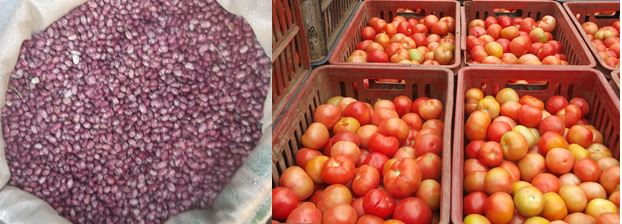Succeeding through a secret mix of competencies and data
The fact that farmers and students exposed to the same capacity building initiatives produce different results suggests training alone does not lead to success. In the majority of developing countries, farmers in the same environment and with access to similar resources achieve different outcomes. On the other hand, agricultural economists and agronomists who did the Read more about Succeeding through a secret mix of competencies and data[…]









